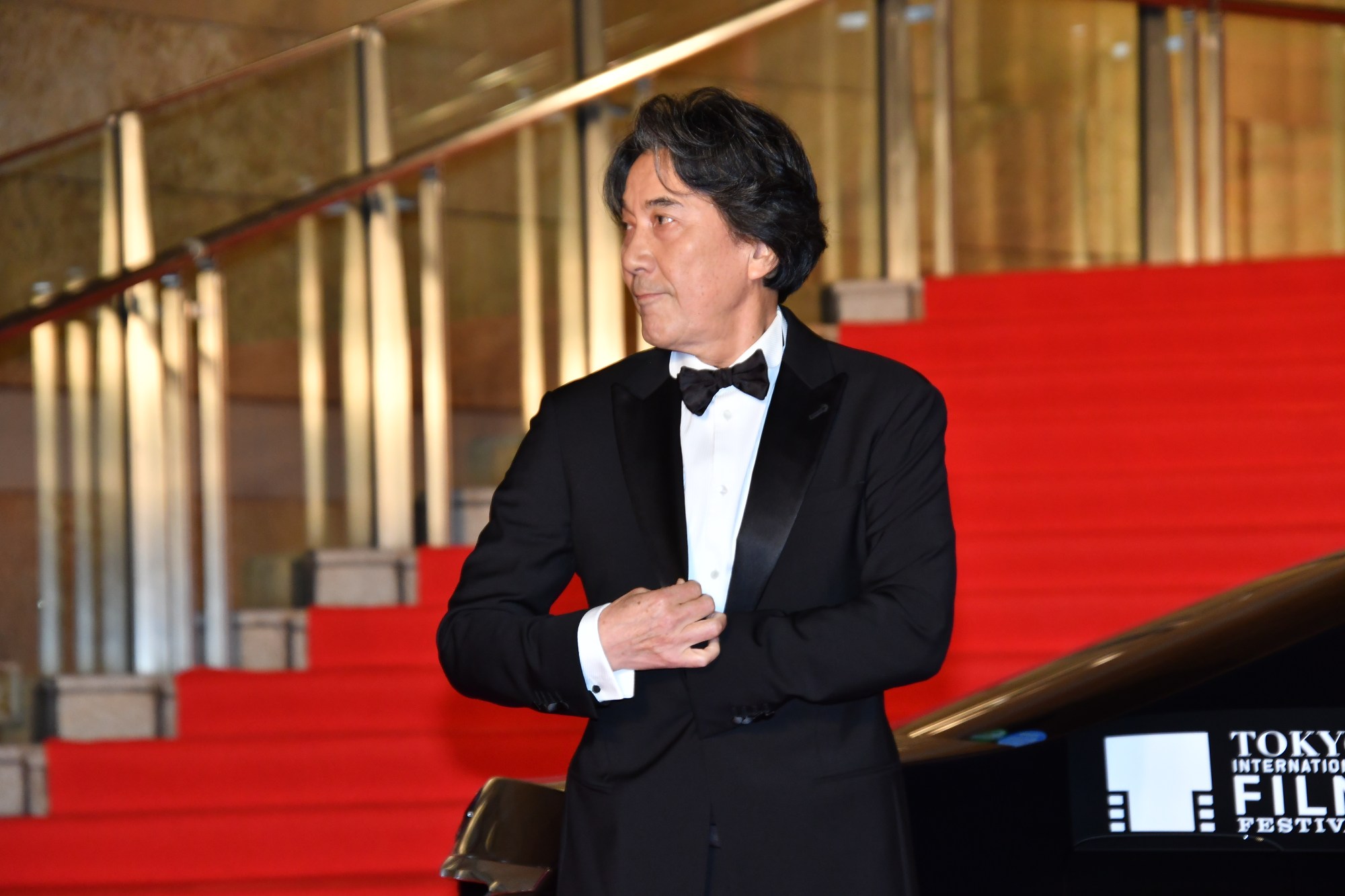
- Festivals
31st Tokyo Film Festival Spotlights Japanese Cinema
How to make the Tokyo International Film Festival more attractive to Japanese audiences – that was the task Kohei Ando took on four years ago when he became the festival’s programming advisor. “I was teaching cinema at the university and my then student asked how I would make the festival more appealing. I told him the festival should screen more mainstream Japanese movies,” Ando recently told the Hollywood Foreign Press Association’s delegation at the festival’s headquarters in Roppongi Hills.
His background in movies – besides studying and teaching cinema, he has been making films and TV – has proved handy in his work. And to highlight current movies, he created the “Japan Now” section. “Besides appealing to Japanese audiences this selection also introduces Japanese cinema and culture to visitors. I have been told that if you see three movies you are able to understand the culture of the country.”
This year Ando picked 14 movies. One of them was this spring’s Cannes film festival Palme d’Or winner as well as commercial success Shoplifters. Director Hirokazu Kore’eda’s drama tells the story of a poor family who adopts a homeless girl. “The idea of family is changing. The film shows that the modern family is not anymore necessarily tied by blood but can be formed by other reasons as well. In this case, they are linked by crime,” says the movie’s chief executive producer Tatsumi “Tom” Yoda.
Technology and storytelling may have changed during the decades, but Ando believes that the heart and soul of Japanese culture have stayed the same. He explains that the merits and charm of Japanese people lie in ambiguity – in films, this sometimes means that meaning is left to the audience’s sensibilities to decipher rather than being conveyed directly. “For example, a deep sorrow in one’s heart is replaced with a small talk about the weather. In other countries, it is often said that it is hard to tell if a Japanese person means yes or no. But it is precisely in this that the essence of the Japanese people is found,” Ando explains.
That is one reason Ando chose Kōji Yakusho as the Actor in Focus. He is internationally known for movies like The Eel, Shall We Dance, Memoirs of a Geisha and Babel. “He is a centerpiece of today’s Japanese movies. He plays diverse, characteristic and intriguing roles from detective to yakuza, murderer to samurai and even god and the devil. In the last three years he has been in seven different movies,” Ando explains.
In front of the film festival audience, Yakusho was calm, poised, friendly and funny. He recalled a memory that is especially funny. When The Eel shared the Palme d’Or at the 1997 Cannes Film Festival with Taste of Cherry, director Shohei Imamura couldn’t be at the award ceremony so Yakusho accepted the prize on his behalf. “My wife reminded me to let others know that I was not Imamura. So I started the thank you speech by addressing the fact that I was not the director.”
The movie Shall We Dance had made him famous around the globe the year before. And still today he is recognized as Shohei Sugiyama – the salesman who made ballroom dancing popular – even in the countryside of Italy. Richard Gere played his role in a famous Hollywood remake.
“I don’t watch my own acting. I might find some mistakes and I don’t want to regret it,” he says. “I also trust the director’s opinion. If he likes it, I’m fine.”
Yakusho has also filmed in the United States. “Hollywood movies have a great catering system. With some of those catering budgets, we could make one Japanese film. Sets are usually bigger, but acting is same around the world, we pretend that cameras aren’t there.”
Yakusho, his wife Saeko Kawatsu, Ando, Yoda, and festival director Takeo Hisamatsu got together with a few other Japanese film industry people and an HFPA delegation for a sushi dinner. The talk of the evening was – of course – films and how they make people understand other cultures and bring people together. That also happens to be the Tokyo International Film Festival’s main goal. “We want to share the joys of cinema, propel exchange between film professionals and foster a future for film,” Hisamatsu summed up.